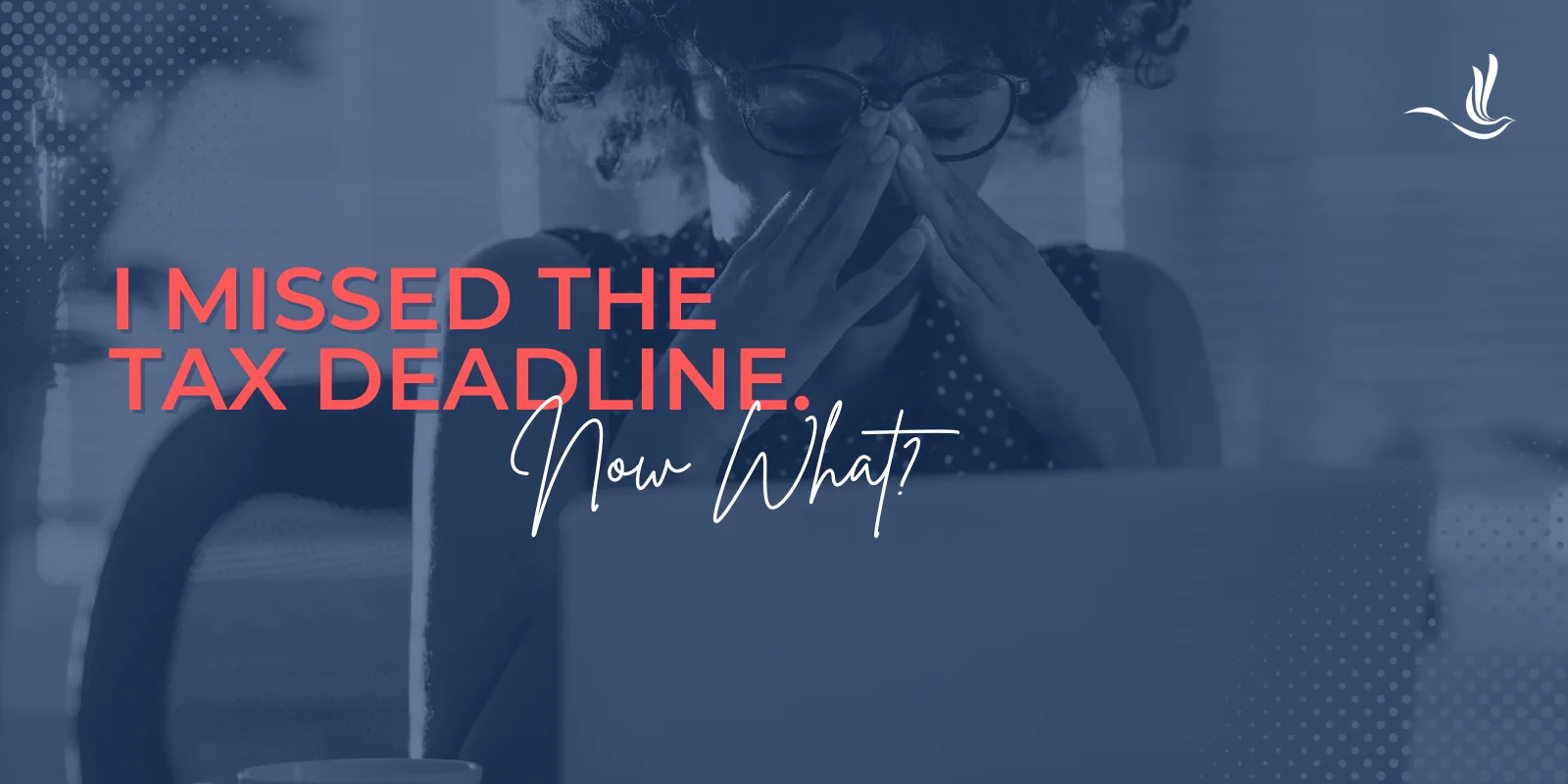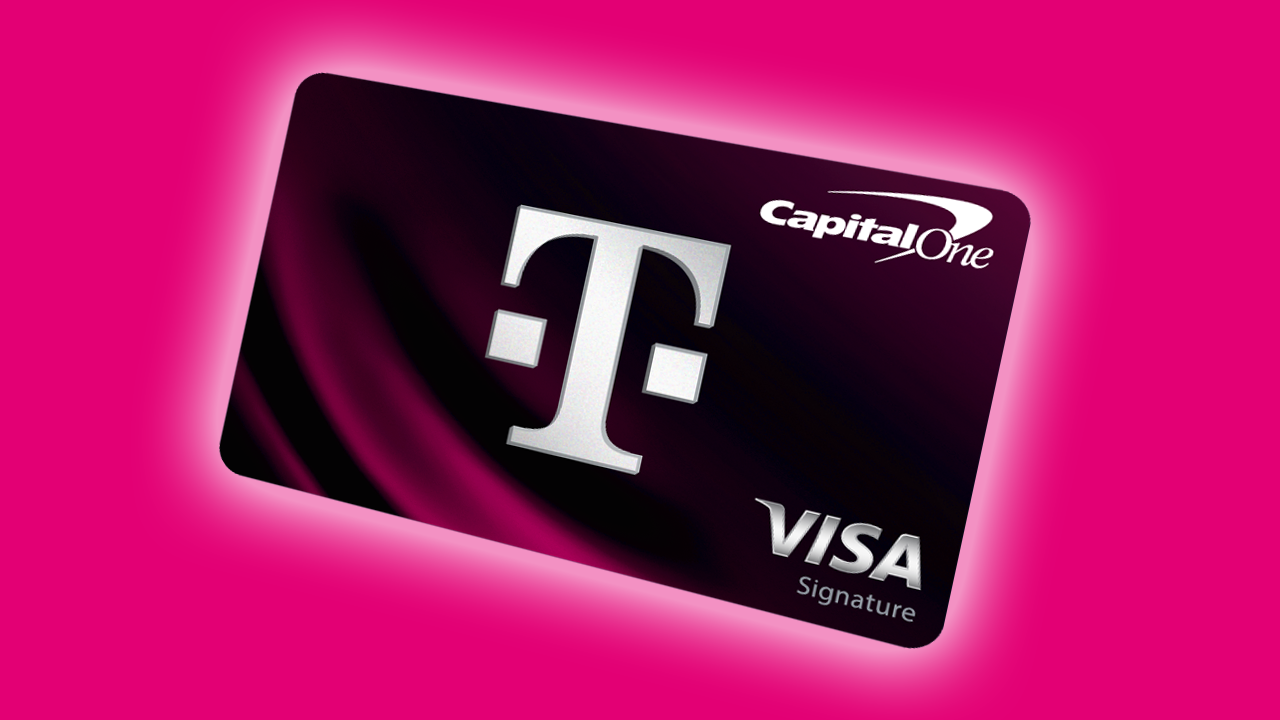Embarking on the journey to homeownership can be both exciting and overwhelming, especially when you’re surrounded by a plethora of myths and misconceptions. As a first-time homebuyer, you might have heard that renting is more affordable than owning, or that a flawless credit score is essential. But how accurate are these claims? In this guide, we’ll debunk common myths about homeownership and highlight valuable programs available for first-time homebuyers in Vermont and New Hampshire.
Whether you’re interested in the real costs of renting versus owning, down payment requirements, or financial assistance programs, this article aims to clarify these topics. Dive in to turn your homeownership dream into a well-informed reality.
Myth 1: Renting is Cheaper than Owning
When comparing renting to owning, it’s important to look beyond the initial costs. At first glance, rent may seem more affordable than a monthly mortgage payment. However, a deeper dive into the numbers tells a different story.
Homeownership is a long-term investment. Over time, homeowners build equity in their property, which can support future financial goals or retirement plans. Renting, on the other hand, offers no return on investment; rent payments go directly to the landlord without building any personal equity.
Myth 2: A 20% Down Payment is Mandatory
While a 20% down payment can eliminate the need for Private Mortgage Insurance (PMI), it is not mandatory. PMI increases your monthly mortgage payment, but allows you to purchase a home without waiting years to save a large down payment.
Low or No Down Payment Mortgages
VA Loans
Designed for veterans, active-duty service members, and certain National Guard and Reserve members, VA loans require 0% down.
FHA Loans
Backed by the Federal Housing Administration, these loans are popular among first-time homebuyers for their lenient credit requirements and low down payment options, sometimes as low as 3.5%.
USDA Loans
Aimed at promoting homeownership in rural areas, USDA loans offer a 0% down payment, making them ideal for buyers in qualifying rural and suburban areas.
Conforming Loans
Designed for first time homebuyer there are several programs that offer as low as 3% down payments, reduced private mortgage insurance, and allow for sellers to contribute to closings costs based on the loan to value.
State Housing Authorities
Both Vermont (VHFA) and New Hampshire (NHHA) offer a wide variety of programs with up to 100% financing, with potential eligibility for grants and second mortgages to assist with closing costs and down payment.
Down Payment Assistance
While Down Payment Assistant (DPA) are not loan programs, they may offer significant value in your home purchase journey. DPA may come in the form of grants or second mortgages that assist homeowners with down payment and closing costs.
Grants
Union Bank has been selected to participate in the Federal Home Loan Bank the FHLB’s “Lift Up” Homeownership Program. This program is open to first time homebuyers who are people of color and have incomes up to 120% of the area median income. Lift Up provides grants up to $50,000 in down-payment and closing-cost assistance toward the purchase of a first home.
Myth 3: You Need to Pay Off Your Student Loans First
Many young adults believe they must clear their student loan debt before buying a home. This misconception can delay homeownership unnecessarily.
Debt-to-Income Ratio
Lenders consider your debt-to-income (DTI) ratio when you apply for a mortgage. This ratio compares your monthly debt payments to your income. While student loans contribute to this ratio, they do not automatically disqualify you from getting a mortgage. If you have a stable income and manage your debts well, lenders may still see you as a strong candidate.
Credit History and Score
Consistently paying your student loans on time can positively affect your credit score. A good credit history, even with student loans, can improve your mortgage application. Conversely, defaulting on student loans can damage your credit score, making it harder to secure a home loan.
Myth 4: A Perfect Credit Score is Required
While a high credit score can lead to better mortgage rates and loan terms, the notion that a “perfect” score is necessary is a myth. Here’s what potential homeowners need to know:
Varied Requirements:
Government-backed loans like FHA, VA, and USDA loans often have more lenient credit requirements than conventional loans. For example, some FHA loans accept borrowers with credit scores as low as 580.
Rate Implications:
Although you don’t need a perfect score, your credit rating does affect the interest rate you receive. Higher scores typically lead to better rates, saving you money over the life of the loan.
Other Considerations:
Lenders, like Union Bank, do not look solely at credit scores. Factors such as your debt-to-income ratio, employment history, and down payment size also play significant roles. Strong performance in these areas can offset a lower credit score.
Boosting Your Credit Score Before Home Shopping
If you’re gearing up for the home buying process, here are some actionable tips to enhance your credit score:
Regularly Check Your Credit Report
Obtain a free annual credit report and review it for errors or discrepancies.
Pay Bills On Time
Ensure timely payments of credit cards and loans to maintain a good credit history. l. Set up reminders or automatic payments to ensure you never miss a due date.
Reduce Outstanding Debt
Lower your credit utilization ratio by paying down credit card balances. A lower ratio can positively impact your score.
Avoid New Credit Inquiries
Avoid applying for new credit accounts close to your home purchase.
Seek Professional Advice
Consult with a credit counselor or financial advisor for personalized strategies to improve your credit health.
Myth 5: All Lenders are the Same
For first-time homebuyers in Northern Vermont and New Hampshire, choosing a local bank like Union Bank offers many advantages. Since 1891, Union Bank has provided personalized assistance tailored to individual needs. With extensive knowledge of the local market, Union Bank combines the comprehensive services of a large bank with the flexibility and personal touch of a local institution, making it an ideal partner for first-time homebuyers.
Myth 6: Fall and Winter are Bad Times to Buy
The idea that spring and summer are the best times to buy a home is outdated. While these seasons do see more listings, fall and winter offer their own unique benefits.
Less Competition:
Fewer buyers are active during these seasons, reducing competition for available homes and potentially leading to better deals.
Motivated Sellers
Sellers who list during off-peak seasons may be more motivated to sell, offering more room for negotiation and possibly lower prices.
Insight into Home Conditions
Viewing homes in colder weather can reveal how well a property is insulated, how efficient the heating system is, and its overall resilience to harsh conditions.
Availability of Professionals
Real estate agents, inspectors, and mortgage brokers may have more availability during off-peak seasons, providing more focused and faster service.
End-of-Year Tax Advantages
Closing on a home at the end of the year can offer tax benefits for the current year, including potential deductions for mortgage interest and property taxes.
Programs to Help First Time Homebuyers in Vermont
First Generation Home Buyer Program in Vermont
This program is specifically tailored to assist those who are the first in their families to own a home. One of the standout features of this program is the generous $15,000 grant, designed to alleviate the financial burden of a down payment. Reach out to an expert at Union Bank to learn more.
VHFA Mortgage Programs
VHFA offers three primary mortgage programs for potential homeowners: MOVE, MOVE MCC, and ADVANTAGE. All three programs provide a 30-year, fixed-rate mortgage with down payments ranging from 0% to 5%, as determined by the lender. They also offer assistance for both down payments and closing costs, along with a savings of up to $825 on the Vermont Property Transfer Tax at closing. A notable feature of the MOVE MCC program is the annual federal tax credit of up to $2,000. However, all programs have specific eligibility criteria. Reach out to an expert at Union Bank to learn more.
Down Payment and Closing Cost Assistance in Vermont
The ASSIST program offers first-time homebuyers a 0% interest loan to help with down payment and closing costs, requiring no monthly payments and only becoming due upon sale of the home. This assistance is exclusively available with VHFA’s Move, Move MCC, or Advantage Mortgage Programs. The loan amount, up to $15,000, is based on the borrower’s income. Contact an expert at Union Bank to see if you qualify.
FHLBB Equity Builder Program
The Equity Builder Down Payment Assistance program is designed to help potential homeowners by offering up to $15,000 in assistance for down payments and closing costs. This program is specifically aimed at first-time homebuyers who meet certain eligibility criteria. If you’re interested, you should contact a Union Bank in your area to learn more about the Equity Builder program. Since the funds are distributed on a first-come, first-served basis, it’s important to apply as soon as possible. This program is a valuable resource for reducing the initial financial burden of buying a home and makes homeownership more attainable for eligible buyers in Vermont.
FHLBB Housing Our Workforce
The Housing Our Workforce (HOW) program offers a matching grant to assist with lowering down payment and closing costs for potential homeowners. This initiative is available through local Vermont Member Lenders, like Union Bank. Eligibility for the HOW program is determined by income and other criteria. It’s important to note that the availability of funds is limited and distributed on a first-come, first-served basis, emphasizing the need to apply early. This program is specifically designed to make homeownership more accessible by easing the financial challenges associated with purchasing a home.
Programs to Help First Time Homebuyers in New Hampshire
1st Generation Homebuyer (1stGenHomeNH)
The 1stGenHomeNH program offers a $10,000 boost to first-generation homebuyers in New Hampshire. A first-generation homebuyer is someone who, along with their co-borrower (if any) and non-borrowing spouse, has never owned a home. Additionally, neither the borrower’s nor the co-borrower’s parents or legal guardians should have owned a home during the homebuyer’s lifetime. Those who were in foster care or are legally in the U.S. as refugees or under asylum status also qualify.
Down Payment and Closing Cost Assistance in New Hampshire
Our mortgage initiatives offer financial aid for downpayments and closing costs, with our most favored program granting up to $10,000 for these purposes. This aid is provided as a second mortgage, which is fully forgiven after five years, unless the property is sold, refinanced, or bankruptcy is filed within that period. Eligibility is based on income limits, with various programs catering to different income brackets, such as the Home First and Home Flex Plus programs. To benefit from this assistance, participants are required to undergo our homebuyer education.
Empowering Your Homeownership Journey
By debunking these common myths, we hope to empower you with the knowledge needed to navigate the home buying process confidently. With the right information and resources, your dream of homeownership in Vermont and New Hampshire can become a reality.
If you’re in Vermont or New Hampshire and ready to take the next step, Union Bank stands ready to guide you. With our deep-rooted expertise and commitment to exceptional service, we’re here to ensure your home buying experience is seamless and rewarding. Don’t let misconceptions hold you back. Reach out to our team at Union Bank today and embark on your journey to finding the perfect home. We’re here to help you every step of the way.
Publisher: Source link











